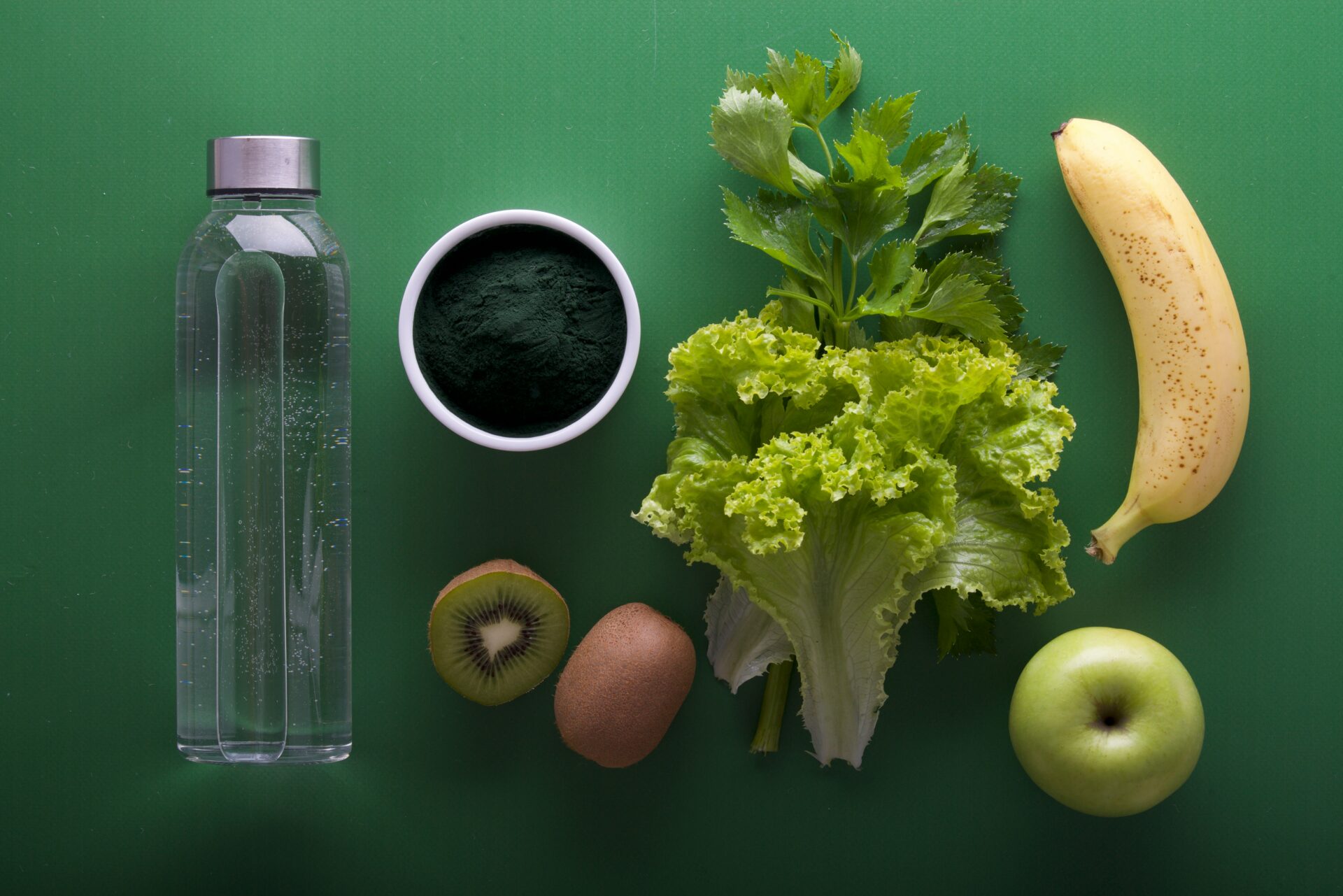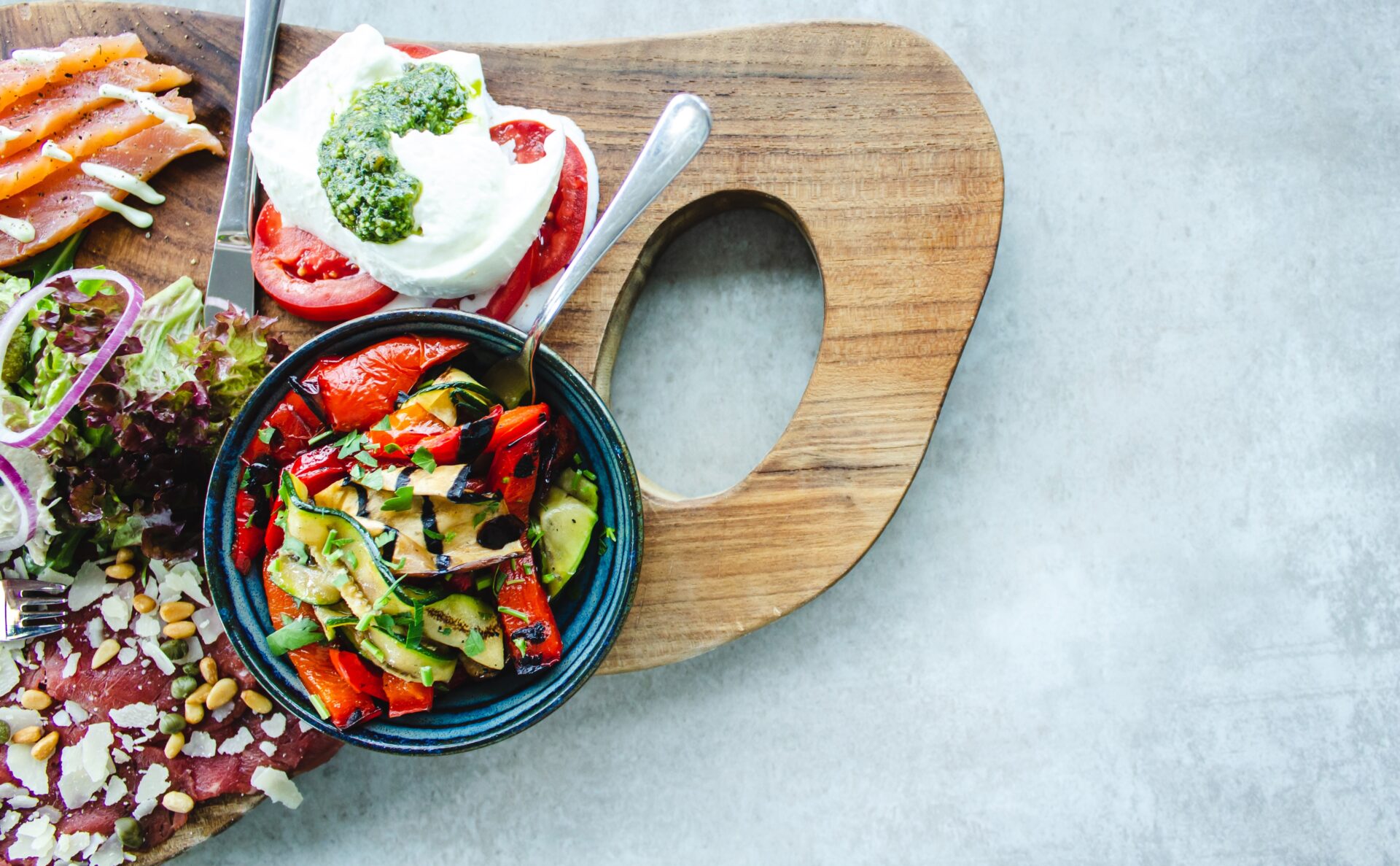Brain Training Session #2 – A Series Of Brain Health Articles
Previous Post: Brain Training Session #1: A Series Of Brain Health Articles – Brain Gains for Longevity
Welcome back, Timeless team! Our first brain training session explored general tips to exercise our brains for longevity. Proper nutrition is one of the most significant ways to protect and enhance brain health. In this session, we will dive deep into brain-healthy food options with inspiration from the MIND diet, explore a brain-boosting meal plan, and work out the dangerous effects of ultra-processed foods with easy training tips to avoid them.
WarmUp: Gather Energy
The brain is the most energy-hungry organ in the body. Even though it weighs just 1.5kg, it steals 20% of the body’s energy. It depends on immediate energy supplies which are provided by our food.
The brain functions optimally on essential fats, vitamins, minerals, protein, and carbohydrates. These vital brain foods can all be found in the MIND Diet.
The MIND Diet (Mediterranean-DASH Intervention for Neurodegenerative Delay) is a hybrid of the Mediterranean and DASH diets specifically designed for brain health.
This diet contains foods rich in specific vitamins, carotenoids, and flavonoids that are believed to protect the brain by reducing oxidative stress and inflammation. The MIND diet has been proven to slow cognitive decline and better protect against Alzheimer’s by preserving cognitive integrity.
Currently, there are no guidelines for following the MIND diet. Instead, you can simply eat more of the ten foods that the diet encourages and eat less of the five foods that it recommends you limit.
| Training Tip: This week, choose whole grains, green leafy and other vegetables, berries, fish, poultry, beans, nuts, wine, and olive oil to provide optimal energy for your brain. Avoid butter, cheese, fried food, sweets, and red meat. |
Recipe Reps
Making meals for the MIND diet doesn’t have to be complicated. Here’s a 7-day meal plan to get you started:
Monday
- Breakfast: Greek yogurt with raspberries and sliced almonds
- Lunch: Mediterranean salad with olive oil-based dressing, grilled chicken, whole wheat pita
- Dinner: burrito bowl with brown rice, black beans, fajita vegetables, grilled chicken, salsa, and guacamole
Tuesday
- Breakfast: whole wheat toast with almond butter, scrambled eggs
- Lunch: grilled chicken sandwich, blackberries, carrots
- Dinner: grilled salmon, side salad with olive oil-based dressing, brown rice
Wednesday
- Breakfast: steel-cut oatmeal with strawberries, hard-boiled eggs
- Lunch: Mexican-style salad with mixed greens, black beans, red onion, corn, grilled chicken, and olive oil-based dressing
- Dinner: chicken and vegetable stir-fry, brown rice
Thursday
- Breakfast: Greek yogurt with peanut butter and banana
- Lunch: baked trout, collard greens, black-eyed peas
- Dinner: whole wheat spaghetti with turkey meatballs and marinara sauce, side salad with olive oil-based dressing
Friday
- Breakfast: whole wheat toast with avocado, omelet with peppers and onions
- Lunch: chili made with ground turkey
- Dinner: Greek-seasoned baked chicken, oven-roasted potatoes, side salad, whole wheat dinner roll
Saturday
- Breakfast: overnight oats with strawberries
- Lunch: fish tacos on whole wheat tortillas, brown rice, pinto beans
- Dinner: chicken gyro on whole wheat pita, cucumber, and tomato salad
Sunday
- Breakfast: spinach frittata, sliced apple with peanut butter
- Lunch: tuna salad sandwich on whole wheat bread, plus carrots and celery with hummus
- Dinner: curry chicken, brown rice, lentils
| Training Tip: Most salad dressings at the store are not made primarily with olive oil, but you can easily make your salad dressing at home. To make a simple balsamic vinaigrette, combine three parts of extra-virgin olive oil with one part of balsamic vinegar. Mix well with a bit of Dijon mustard, salt, and pepper. |
Cool Down: Avoid UPFs
Ultra-processed foods (UPFs) are products made with highly processed components, such as oils, fats, sugars, starch, and protein isolates. These foods offer little to no health benefits and often contain artificial flavorings, colorings, emulsifiers, and other additives.
Common UPFs include breakfast cereals, sweet and savory snacks, ice cream, ready-to-eat frozen meals, processed meats, and sugar-sweetened beverages.
Recent research has shown that consuming ultra-processed foods increases the risk of cognitive decline, particularly among middle-aged adults.
| Training Tip: This week, cook your meals from scratch. Preparing your meals from scratch using whole ingredients can help you avoid processed foods and ensure a more nutritious diet. This approach may take more time and effort but is essential for protecting your heart and brain health. |
Excellent work, team! As with all things, practice makes perfect. The consumption of processed foods can negatively impact health and brain function in aging adults. Focusing on a balanced MIND diet rich in whole foods, omega-3 fatty acids, and high-quality carbohydrates can support brain health, cognitive function, and overall well-being.
Disclaimer: This is not medical advice, nor is the information in this article intended to treat, diagnose, prevent, or cure diseases. We recommend consulting your doctor before starting or changing any diet, exercise, or health-related programs.





Responses